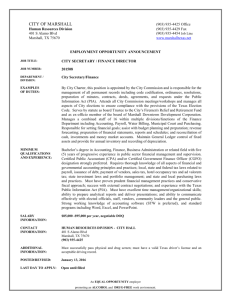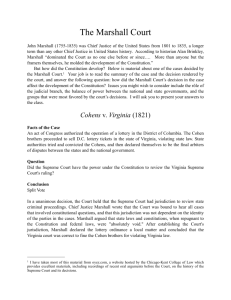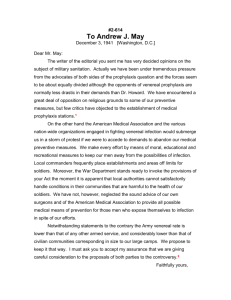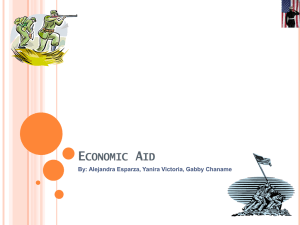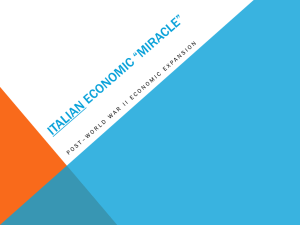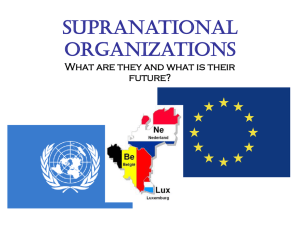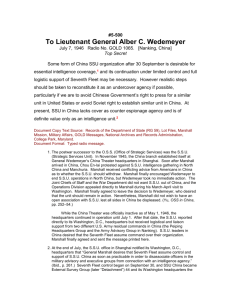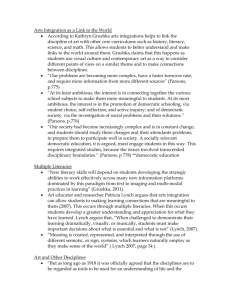Episode #1 - Cloudfront.net
advertisement
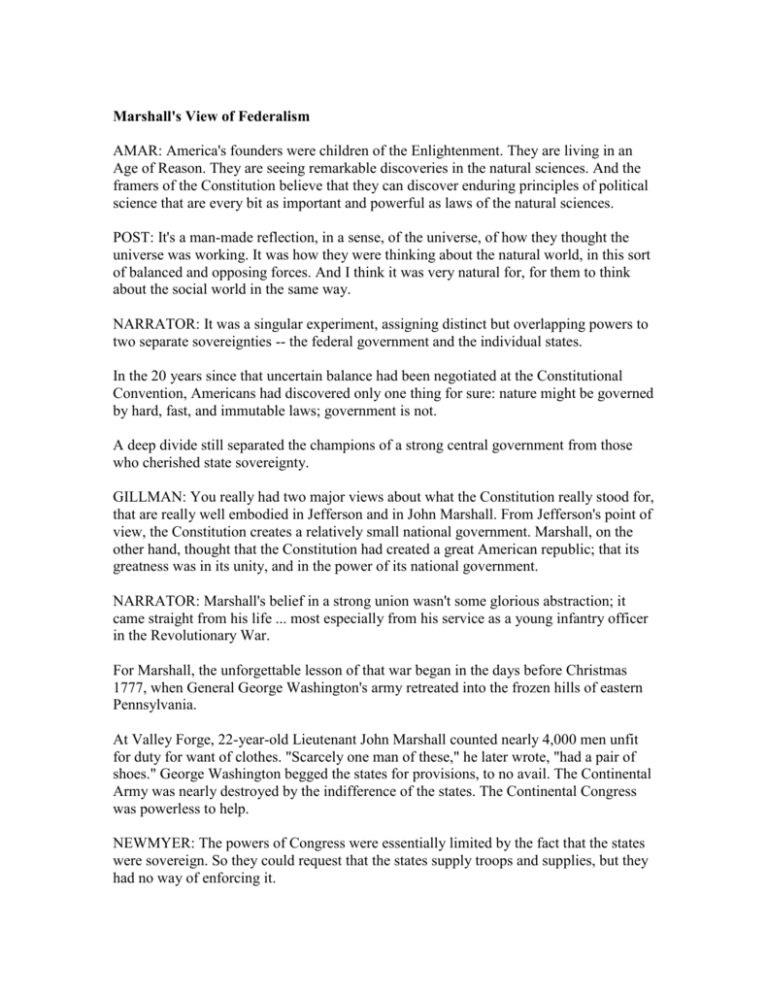
Marshall's View of Federalism AMAR: America's founders were children of the Enlightenment. They are living in an Age of Reason. They are seeing remarkable discoveries in the natural sciences. And the framers of the Constitution believe that they can discover enduring principles of political science that are every bit as important and powerful as laws of the natural sciences. POST: It's a man-made reflection, in a sense, of the universe, of how they thought the universe was working. It was how they were thinking about the natural world, in this sort of balanced and opposing forces. And I think it was very natural for, for them to think about the social world in the same way. NARRATOR: It was a singular experiment, assigning distinct but overlapping powers to two separate sovereignties -- the federal government and the individual states. In the 20 years since that uncertain balance had been negotiated at the Constitutional Convention, Americans had discovered only one thing for sure: nature might be governed by hard, fast, and immutable laws; government is not. A deep divide still separated the champions of a strong central government from those who cherished state sovereignty. GILLMAN: You really had two major views about what the Constitution really stood for, that are really well embodied in Jefferson and in John Marshall. From Jefferson's point of view, the Constitution creates a relatively small national government. Marshall, on the other hand, thought that the Constitution had created a great American republic; that its greatness was in its unity, and in the power of its national government. NARRATOR: Marshall's belief in a strong union wasn't some glorious abstraction; it came straight from his life ... most especially from his service as a young infantry officer in the Revolutionary War. For Marshall, the unforgettable lesson of that war began in the days before Christmas 1777, when General George Washington's army retreated into the frozen hills of eastern Pennsylvania. At Valley Forge, 22-year-old Lieutenant John Marshall counted nearly 4,000 men unfit for duty for want of clothes. "Scarcely one man of these," he later wrote, "had a pair of shoes." George Washington begged the states for provisions, to no avail. The Continental Army was nearly destroyed by the indifference of the states. The Continental Congress was powerless to help. NEWMYER: The powers of Congress were essentially limited by the fact that the states were sovereign. So they could request that the states supply troops and supplies, but they had no way of enforcing it. It was pretty much impossible to conduct a war, you know, if you have 13 states doing what they think is in their best interest of the states. And this is the thing which Washington complained about, which Marshall undertook to remedy, I guess you might say, in his political career and, of course, in his career as chief justice. NARRATOR: John Marshall kept the lessons of war close to heart. The greatest danger to a strong union, as he saw it, would be the state legislatures, which were too likely to be swayed by the people's fleeting and irrational passions. ROBERTS: Marshall regarded his first government as Congress, not Virginia. And it's because he fought at peril of his life, and bravely, to establish that government. At a time when I think most people would reflexively regard themselves as a citizen of Massachusetts, a citizen of Pennsylvania, a citizen of Virginia, he was first a citizen of the United States. And you see that reflected in the decisions of his Court. AMAR: John Marshall inherits a Constitution that doesn't have very many "no state shall" clauses. But the ones that it does have he makes the most of. When individual states misbehave, John Marshall's Court slaps them down.

